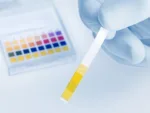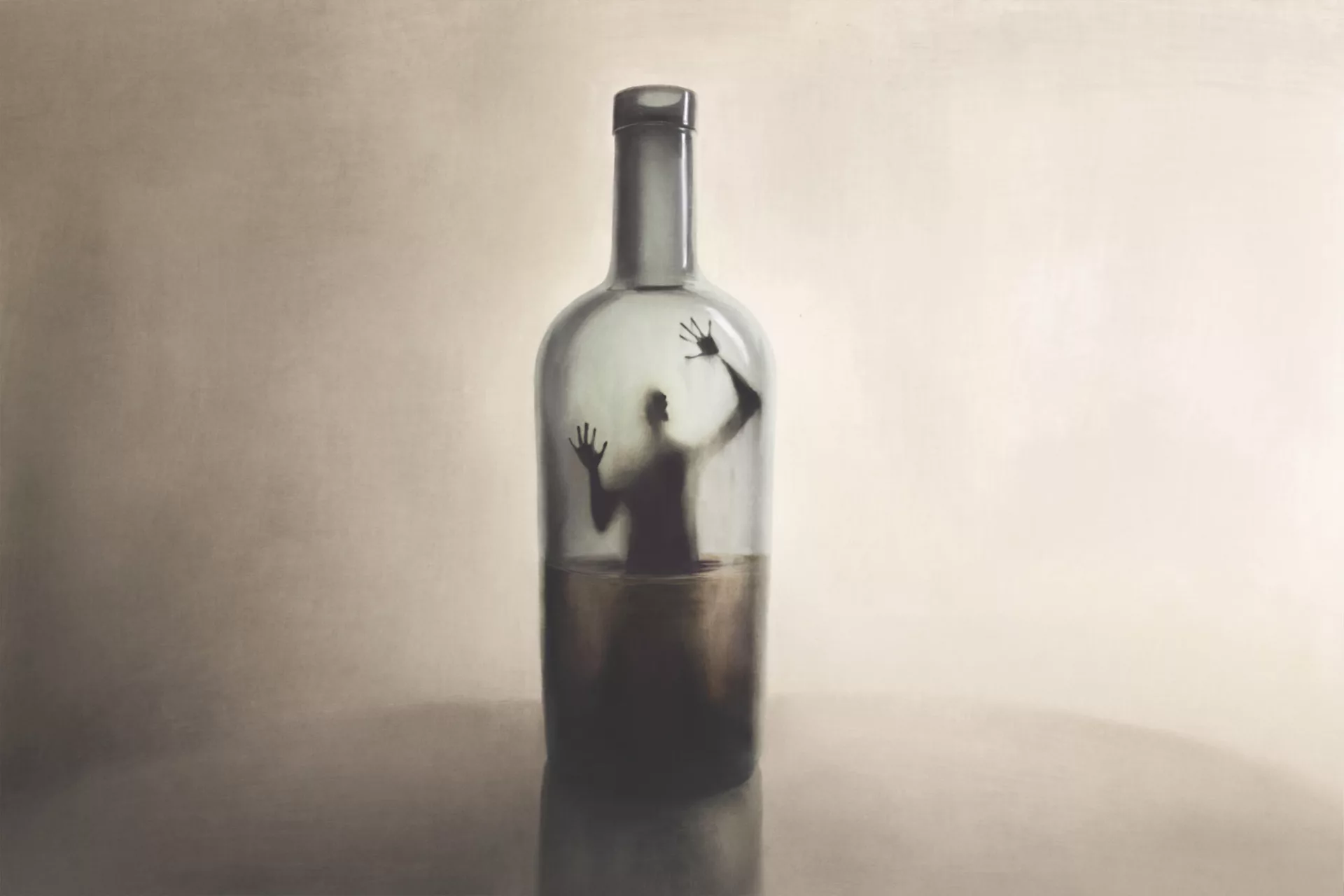
How to Tell the Difference Between Misuse and Abuse
Painkillers are used for an obvious purpose — they remove the presence or lessen the experience, of pain. We may use them daily for the purpose of quickly taking care of a headache, or more limitedly, such as those used in recovery from surgery.
Painkillers, like ibuprofen or acetaminophen, have relatively harmless side effects, but other painkillers, such as opioids, have more serious ones. These drugs are more often misused, even abused, as a result of these side effects.
Substance misuse vs abuse – what’s the difference?
When talking about substances and the roles they play in our lives, there are a number of terms used to describe their usage. Understanding these terms can help you understand when general use is being practiced normally, versus when misuse is occurring or misuse is becoming abuse.
Substance use is simply using a substance for its intended purpose. You may take the prescribed dose of ibuprofen to help with a headache or some mild muscle discomfort. You follow the proper dosing and take it only when it’s the proper time.
Substance misuse “includes the illegal use of drugs and the inappropriate use of legal substances, such as alcohol and tobacco.” Substance misuse is not keeping to the prescribed dosing of medications such as painkillers and taking them more frequently than prescribed and/or in higher doses.
And substance abuse is when the misuse manifests into an addiction and one cannot stop misusing the drugs even if they’ve tried. Abuse includes having a high tolerance and needing more of the substance to get the same effect, in addition to using it even when it causes negative consequences in one’s life and on one’s health.
What are the signs of substance misuse?
When one is misusing substances, you may notice certain symptoms in your life, or in your own life. Not everyone will exhibit the same symptoms, but knowing the more common signs can help you know when it’s time to get help for yourself or your family member/friend.
Common signs of substance misuse include:
- Taking more painkillers than prescribed, or taking them more frequently than instructed
- Seeing more than one doctor for the sake of collecting a wide array of painkiller medications
- Taking prescription medications from friends or family members, or somehow using someone else’s prescription
- Experiencing negative side effects, such as mental and physical health complications
- Needing to take a higher dose in order to experience the same effects of the drug
Remember, substance misuse does not mean that true addiction is present — however, the slope from misuse to abuse and addiction is slippery. When you notice these signs, it’s time to consider the benefits of additional help in order to prevent a serious problem from arising.
How can I prevent substance misuse?
So, you have been prescribed opioids painkillers post-op and are nervous – aren’t these drugs addicting?
Yes, any opioid medication can change the brain chemistry in such a way that your body becomes addicted. But just because you are prescribed pain meds does not mean addiction is inevitable.
Many doctors nowadays are more intentional with their opioid prescriptions as a result of the epidemic that has been occurring in recent years. Meaning, you’re not likely to slip into misuse or become addicted if you closely follow the instructions of the prescription.
Additionally, there are other ways in which to prevent substance misuse, including:
- Do not ever share your prescription medication or ask to share someone else’s – whoever was prescribed the medication should be the only one taking it
- If you are nervous, talk to your doctor – have an open conversation with your doctor about your concerns, and see if there are alternative medicines/options for treating you
- Seek out the guidance of a counselor if you need to be on chronic medication – certain therapists are experienced in medication management and can help you prudently engage with the medicine you’ve been given
- Stop taking the meds if you don’t feel like you need them – especially if you believe you are pain-free without them (as in the case of recovering from surgery, for example) don’t continue taking them if you don’t need to
- Be aware of how many times the dose is increased – if you experience the dosage increasing multiple times, your body is developing a tolerance; consider switching medications or looking for an alternative treatment to prevent addiction
- Don’t combine prescriptions unless instructed – the more substances are used at the same time, the greater the risk of addiction will be
So long as you are proactive, preventing substance misuse is possible.
I need help with substance abuse
Sometimes it becomes difficult to manage substance use and misuse occurs, even unintentionally. Thankfully, misuse and even abuse are not irreversible. If you find yourself slipping into misuse, help is here.
Reach out to Bluff Augusta anytime to learn how to manage your medications or to receive any needed guidance for substance misuse in your life. Contact us today to learn more.








